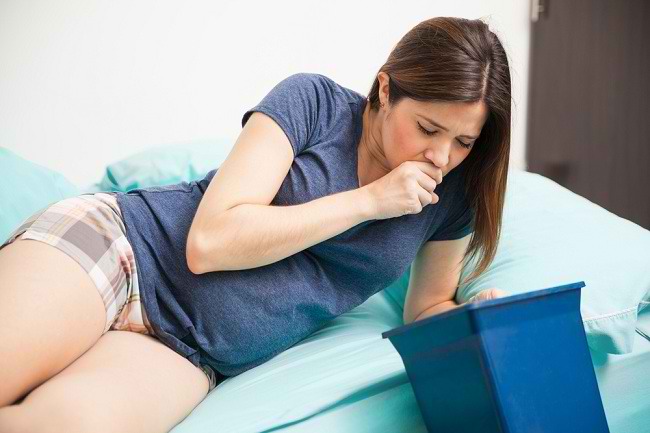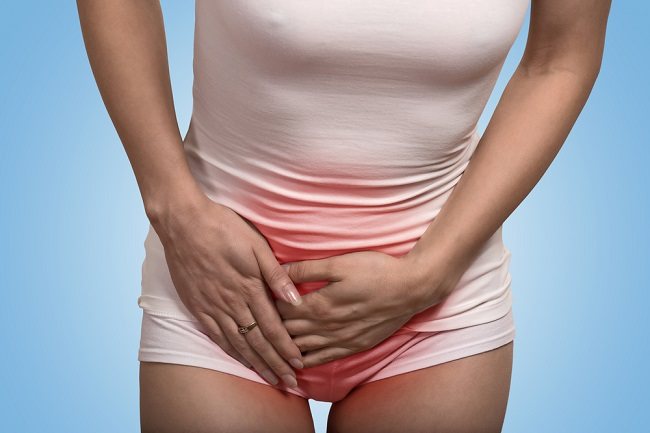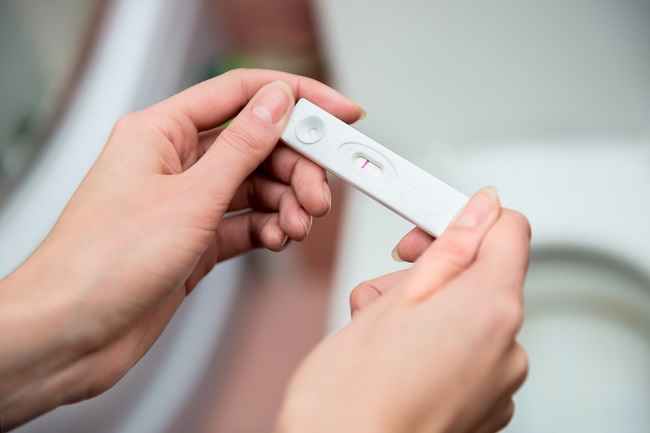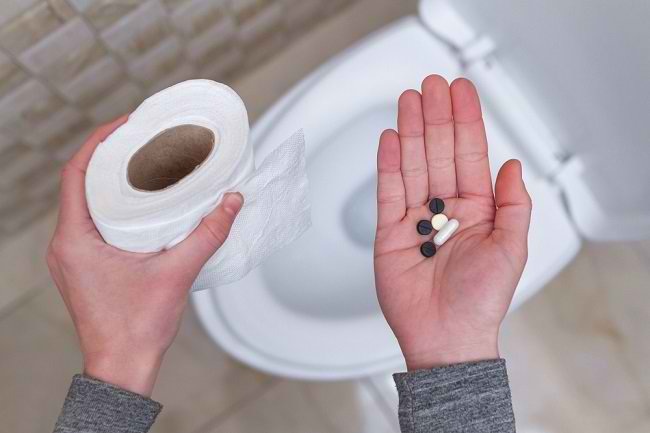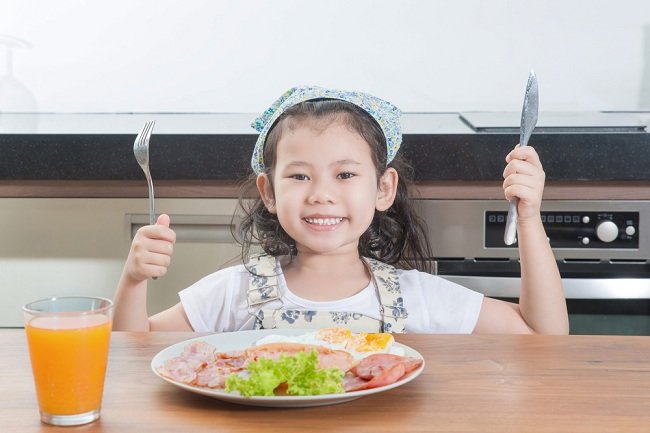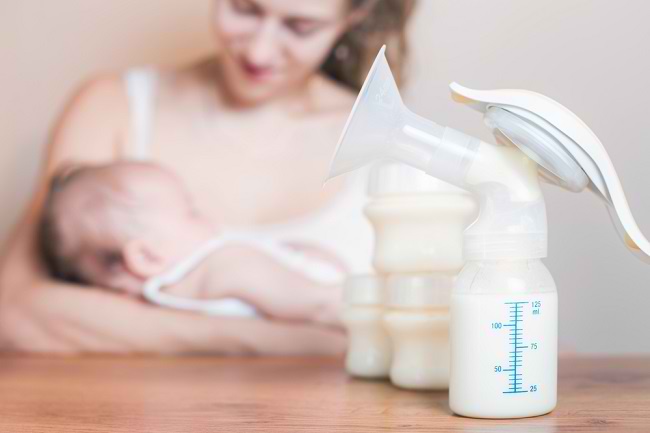Not a few people use soap when washing fruits and vegetables. They think that soap can remove bacteria and pesticides that may stick to the surface. However, is it safe to wash fruits and vegetables with soap?
Fruits and vegetables contain a variety of vitamins, minerals, and other substances needed by the body. Regular consumption of fruits and vegetables can maintain an ideal body weight, maintain normal cholesterol and blood pressure levels, and reduce the risk of various diseases. To get these benefits, maintaining the cleanliness of fruits and vegetables before consumption is no less important.

Safety of Using Soap for Washing Fruits and Vegetables
Before being processed and consumed, fruits and vegetables need to be washed in a proper way. The reason is, organic fertilizers used as plant fertilizers may contain germs and bacteria which then stick to the surface of fruit and vegetable skins.
In addition, chemical residues from the planting process, such as pesticides, can also stick to the surface of fruit and vegetable skins. If not washed, pesticides can enter the body, then damage body cells and interfere with organ function.
However, how to wash fruits and vegetables is still a pro and contra in society. There are those who think that fruits and vegetables need to be washed with soap so that bacteria and pesticides are completely removed, but there are also those who believe that the chemicals in soap are not good when exposed to fruits and vegetables.
Actually, washing fruits and vegetables does not need to use any soap, be it dish soap, hand soap, antibacterial soap, or soap labeled food grade. This is because soap residue can still stick to the surface of fruits and vegetables and actually have a bad impact on the body.
In one study, soap products that had a special formula for washing fruit and vegetables were found to be no more effective at removing bacteria and pesticides than washing and scrubbing fruit using tap water. So, the use of soap is still not recommended, right?
In the current situation of the COVID-19 pandemic, people may become more aware of food hygiene for fear of being exposed to the virus from food. However, don't spray fruits and vegetables with alcohol or disinfectant, okay? This is actually very dangerous for the health of the body.
So far, there is no evidence that COVID-19 can be transmitted through food, including fruits and vegetables.
The Right Way to Wash Fruits and Vegetables
The best way to wash fruits and vegetables is to use water. A study has shown that running water is proven to reduce many types of pesticides that can stick to the surface of fruits and vegetables.
For more details, here is a guide to washing fruits and vegetables that you can apply:
- Wash your hands with soap and water before touching fruit and vegetables.
- Wash fruits and vegetables in running water while gently scrubbing the surface until the dirt is completely removed.
- For fruits and vegetables that have dense skins, such as melons or cucumbers, use a soft brush to clean the skins.
- For vegetables, such as spinach, lettuce, scallions, and others, wash under running water, soak in a bowl of cold water to remove any remaining dirt, then rinse again under running water.
- After the fruit and vegetables are completely clean, immediately dry using a tissue or clean cloth.
In addition to processing them in the right way, maintaining the cleanliness of fruits and vegetables is also an important thing that must be done, yes. Come on, apply the tips for washing fruits and vegetables above so that bacteria, germs, and chemical residues on the surface of fruits and vegetables are completely lost.
Also make sure you don't use any type of soap to clean fruits and vegetables, okay? If you still have questions regarding how to wash fruits and vegetables or other health tips, don't hesitate to consult a doctor.

